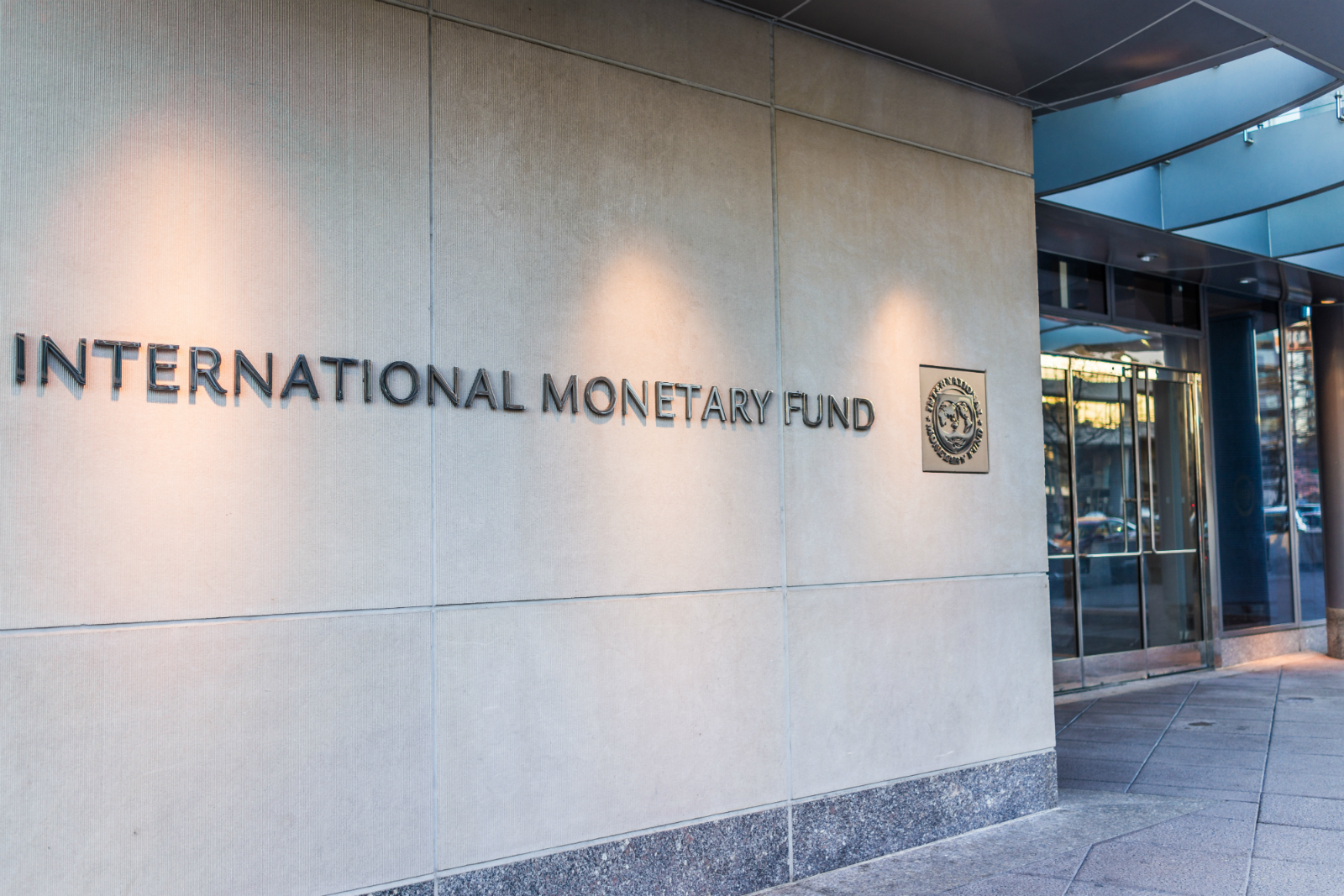Release of IMF funding held up over oil pricing mechanism; cost of insuring Egyptian debt inches up

Release of IMF funding held up over fuel pricing mechanism? The delay in the IMF’s approval on the release of the next USD 2 bn tranche of its extended fund facility to Egypt appears to be a result of a disagreement over when the Madbouly government will announce plans to peg fuel prices to the global market, an unnamed source tells Bloomberg. The government “plans to announce the pricing mechanism for 95 octane gasoline by the end of the month, with implementation expected in March, the official said. That grade of gasoline is one which is no longer subsidized. It also plans to announce the mechanism for the other grades in June, after the lifting of the subsidies, and to implement the move in September.”
Background: Reports had emerged in the domestic press over the weekend that the Madbouly Cabinet is in talks with the IMF to delay certain parts of its reform agenda. A senior government official later denied the reports, telling us that the IMF and Finance Ministry have been coordinating on the state’s budget deficit projections and debt control strategy. The IMF should have all the necessary information by the end of this week, and the fifth tranche should be disbursed by mid-January, the source had told us.
The delayed release has sent up the cost of insuring Egypt’s bonds: The cost of insuring government bonds via credit default swaps (CDSs) hit 3.91% at an auction last week, its highest level in 17 months, signaling reduced investor confidence in the Egyptian economy. “The delay of the IMF tranche disbursal might have raised concerns amongst investors as to the upcoming pace for reforms and what details are being fine-tuned with the IMF. Any unanswered questions raise risk from the investor perspective and consequently CDS rates,” Pharos Holding’ Radwa El Swaify told Enterprise. “The increase in CDS rates is not significant, though,” El Swaify said, adding that turbulence in emerging markets and expectations of a weaker EGP are also key factors behind the uptick.